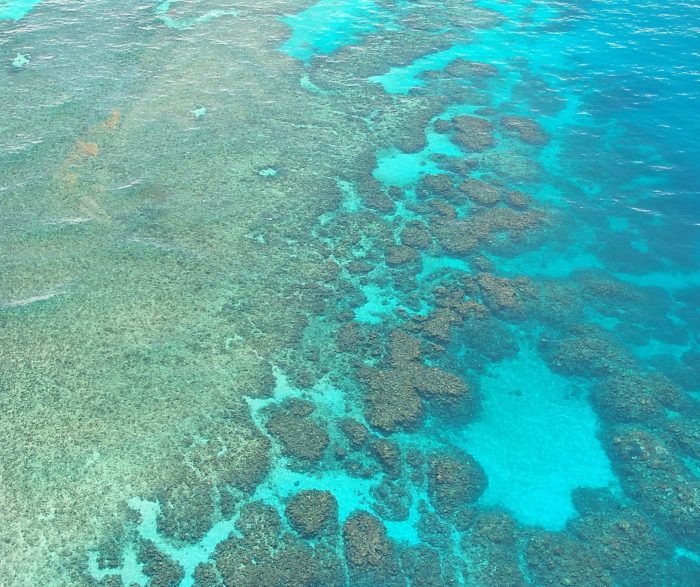By Dr Joe Milton, the Australian Science Media Centre

UNESCO announced this week it will not add the Great Barrier Reef to its ‘List of World Heritage in Danger’ for now, mirroring a decision made by the UN body in 2017.
The news comes despite a UN-backed report late last year recommending the reef be added to the list, and the confirmation of another mass coral bleaching event in March 2022.
Former Chief Scientist of the Australian Institute of Marine Science (AIMS), Dr ‘Charlie’ Veron, told the AusSMC he feels the decision is “very short-sighted”.
It was a view shared by Director of the Coral Reef Studies Centre at James Cook University, Professor Terry Hughes, who said UNESCO “has kicked the can down the road” in delaying its next assessment by another year.
The decision was based on improvements seen in the reef’s health over the last year, according to Associate Professor Jane Williamson, leader of the Marine Ecology Group at Macquarie University.
“One good bit of news is around some improvement in water quality, but there’s still substantial work to be done to meet our 2025 water quality targets,” she said, “and it’s critical…land-based efforts to reduce runoff continue.”
“There have been strong commitments…around sustainable fishing practices and better biodiversity management for the Great Barrier Reef.”
She added that improvements in water quality and fishing practices are all very well, but the biggest threat to the reef remains man-made climate change.
“Ultimately…the single factor affecting the reef’s survival is CO2,” she said. “Australia needs to…ramp up its progress towards net-zero emissions.”
Kylie Walker, CEO Australian Academy of Technological Sciences and Engineering (ATSE) and a former chair of the Australian National Commission for UNESCO, also highlighted the threat from global heating.
“As climate drivers exacerbate global warming conditions, the health of the reef and our many wonderful marine ecosystems are in dire risk, she said, adding that swift action to reduce CO2 emissions is the only way to safeguard the reef’s future.

“Our reefs cannot wait,” she said.
Prof Hughes said the Australian Government must now submit “yet another report…on progress towards meeting water pollution targets, reducing land-clearing, and reducing greenhouse gas emissions in line with the Paris Agreement” to the World Heritage Committee by February 2024.
But, “in the meantime, the Australian Government continues to permit and subsidise new fossil fuel projects”, he said.
Dr Kimberley Reid from the ARC Centre of Excellence for Climate Extremes at Monash University said it’s imperative for the survival of the reef that we limit global temperature rises as much as possible.
“At 2°C warming, scientists expect a 99% decline in global coral reefs by the end of the century,” she said.
“Current global emission reduction policies put us on track for 2.7°C warming by the end of the century. It doesn’t take a genius to see the problem here.”
“The solution is equally simple: our leaders must do more to cut greenhouse gas emissions to net zero regardless of what official lists the Great Barrier Reef is on.”
A/Prof Williamson said the improvements seen in the reef’s health in the last 12 months are mainly due to “the fairly benign weather conditions we experienced last summer”.
But as an El Niño-influenced summer seems likely to hit this year, “we could soon see a very different outcome”, she said.
Prof Hughes agreed: “As El Niño conditions strengthen once more, it’s very likely we’ll see another mass bleaching event next summer, just after the report is written,” he said.
So despite this positive-sounding decision, “the reef is certainly not in the clear yet”, said A/Prof Williamson.
“It appears that politics, whatever its guise, has triumphed over reality,” concluded Dr Veron.
You can read the expert reaction in full here
This article originally appeared in Science Deadline, a weekly newsletter from the AusSMC.
